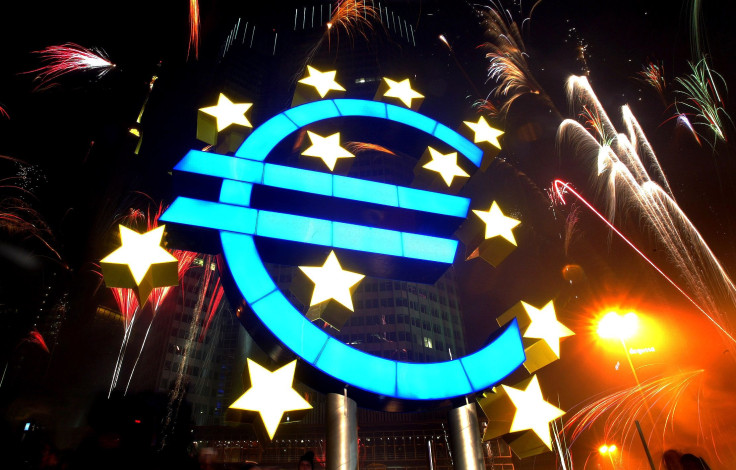Flash Composite Output PMI: Eurozone And France PMIs For February At 2-Month Low, Germany At 32-Month High

The flash composite output Purchasing Managers’ Index, or PMI, for February showed that business activity in the euro zone continuously expanded since last July, helped by the biggest rise in new orders since mid-2011, data from Markit showed Thursday.
The Flash PMI Composite Output Index for the euro zone stood at 52.7 in February, a slight dip compared to a 52.9 reading in January, and a two-month low. But, the index remained close to January’s 31-month high of 52.9.
“A dip in the eurozone PMI provides a reminder that the region’s recovery continues to be uneven and fragile," Chris Williamson, chief economist at Markit, said in a statement, adding: “The slight easing in growth is disappointing, but it’s too early to read too much into one month’s data, especially as the rate of growth of new orders picked up to its highest since mid-2011.”
Meanwhile, in Germany, growth in the private sector helped composite flash PMI to climb to a 32-month high of 56.1, compared to 55.5 in January.
“The recovery in the eurozone’s largest economy is looking more and more sustainable, underpinned by the strongest rate of job creation in just over two years,” Oliver Kolodseike, an economist at Markit, said in a statement.
However, in France, composite flash PMI dipped to a two-month low following a rise in manufacturing output that was offset by a fall in activity in the services sector. The PMI reading dropped to 47.6, compared to a reading of 48.9 in January.
“French private sector firms reported a slightly sharper decline in output during February,” Jack Kennedy, a senior economist at Markit, said in a statement, adding that "the data did reveal some positive developments, namely a return to growth of manufacturing production and another marginal rise in new export orders.”
And, while activity in the service sector dropped, a Markit report noted that confidence in the service sector improved to a 23-month high, "resulting in a more bullish outlook for the sector.”
A Markit statement noted that unemployment, falling prices and a renewed downturn in France were worrisome but, Germany continued to lead growth in Europe and countries in the region’s periphery were enjoying their best growth performance since early-2011.
“Looking at the latest two months as a whole, the PMI suggests the region is on course to see GDP expand by up to 0.5% in the first quarter, which would be the strongest growth for three years,” Williamson said in the statement, adding that 2014 could see a "more broad-based and sustainable expansion."
© Copyright IBTimes 2024. All rights reserved.












